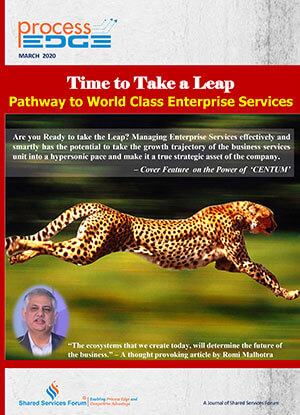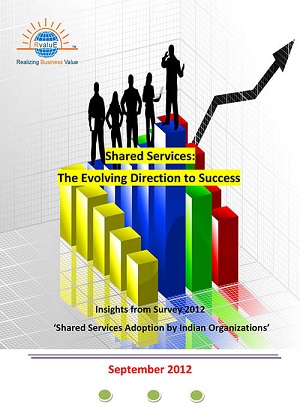
Would you like to start a conversation with other industry leaders to brainstorm a challenge or to just know more on a particular topic?
Engage in online discussions with your Peers
Start NowJuly 31, 2016
Bengaluru: Open an app, and seek out the personnel you need in large numbers. Outsourcing is being made as simple as that, thanks to a new breed of startups that offer an on-demand workforce. While this is a model that is far from from becoming a wildfire in India, it could in the coming days.
In India, however, fledgling players like SquadRun are making a mark already. US-based GigWalk and Task Rabbit are challenging the traditional Business Process Management (BPM) model by making outsourcing work as simple as shopping online.
How the Model Works
“SquadRun helps businesses outsource operational work to a mobile workforce across India. Tasks ranging from moderating reviews, tagging images, calling businesses to collect information, and testing out new products are done by thousands of ‘contractors’ on our mobile app daily,” points out SquadRun. The two year old firm had said earlier that it aims to create one million jobs through the model..
Gigwalk meanwhile says it is changing the future of work by enabling people to find jobs in their area whenever and wherever it is most convenient to them. To become a Gigwalker, as it calls the people who source work on their platform, all you need to do is download their app. “Gigwalkers can immediately begin accepting Gigs from leading organizations and get paid for the jobs they complete,” it points out.
Task Rabbit yet another such firm points to the efficacy of their same day platform. “Our same-day service platform instantly connects you with skilled Taskers to do your chores.” And with no training needed from the client, a large part of BPM firm costs, a workforce of over 100 people can be hired within minutes.
Squadrun, is backed by Google India head Rajan Anandan, SlideShare founder Amit Ranjan and Zomato founder Deepinder Goyal, and already has over 4,000 daily access contractors and 40,000 people signed up overall.
“As a business, you need things that are on-demand. With a few clicks, you can set up an outsourcing centre like a cloud and they can scale up and down as per their requirement,” points out Apurv Aggarwal, founder of Squadrun.
Blessing in Disguise
The model is a blessing in disguise for e-commerce companies that need huge number of people during flash sales. According to a staffing expert, it’s only such a model that provides huge numbers of people to ensure business goes on. According to him, players like Myntra and Snapdeal, instead of appointing the traditional BPM, adopt on-demand distributed workforce.
Distributed workforce providers like Squadrun claim to reduce the cost of workforce to just 30 per cent, by hiring thousands of housewives and people who have two-three hours to spare everyday. Such contractors reportedly to earn in the range of Rs 2,000 to Rs 12,000 a month.
“While in the West, working part-time is quite common, in India it’s a long way from catching on. The number of people involved are too few to be considered significant,” says Kunal Sen, Senior Vice-President of recruitment firm TeamLease.
Threat to Biggies? Maybe Not
It isn’t just the small number of people that makes it doubtful as a serious threat to established IT-BPM players. According to Animesh Jain, Chief Delivery Officer, India & LatAM, [24]7 Inc, It’s always interesting and exciting to see how technology can be leveraged to address business challenges in novel ways, staffing being one of them.
But while such online platforms and mobile apps offer an on-demand crowdsourced workforce make it fast, cost-effective and convenient for businesses to outsource simple tasks and are imaginative, it is the scope that is in doubt.
“Tasks that can be outsourced to ‘on-demand’ workforce is limited to areas such as content review, data clean up and curation, lead generation & qualification, supply of skilled labour etc. Basically, the model lends itself well for outsourcing quick, short-term projects that are not too complex or critical,” says Jain.
This may disrupt businesses catering to these low-complexity outsourcing needs. But the BPM/BPO sector in India is vast and incredibly evolved, helping global companies in important business functions such as Customer Service and Acquisition, Accounting, HR, Business Intelligence etc. “BPM players bring to the table deep domain and process expertise and advance technologies. For these reasons, I don’t foresee any impact beyond a niche segment,” he concludes.
Source: Indian Express





















